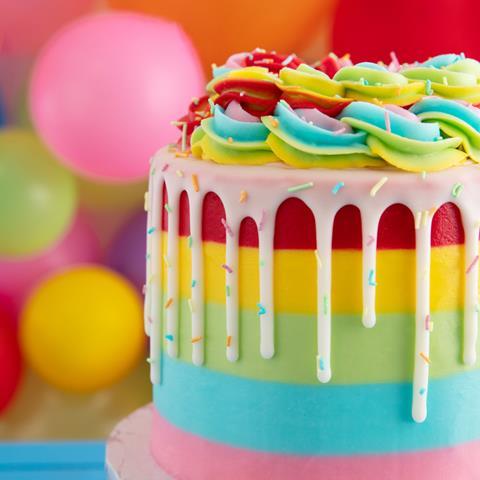
Top story
Falling volumes and a delay in passing through price increases has pushed Real Good Food further into the red.
Revenues at the cake decoration group decreased 20.1% to £15.9m in the half year to 30 September as its volumes sank 29% year on year and came in 14% lower than pre-Covid levels.
The business behind the Renshaw and Rainbow Dust Colours brands passed through cost increases to customers but the cost of sugar has doubled and overall costs are about 30% higher.
The lag between price increases and rising costs, as well as the lower volumes, led to EBITDA losses moving to £2m, compared with £1.2m a year ago.
Real Good Food said ongoing availability of key ingredients was also negatively impacted performance, but added it had eased in recent weeks.
The group has recently launched a radical reform programme in an attempt to return to profitability.
It has so far secured significant price resets with most of its UK retailer customers and has identified £3m of overhead cost savings and additional manufacturing efficiency gains.
Real Good Food expected EBITDA to return to between £2m and £4m if its plan is successful.
Executive chairman Mike Holt said market conditions had been “very challenging” over the past 12 months, and showed no sign of easing in the near-term due to “a perfect storm of rising costs and lower revenues”.
He added: “The group is not just hunkering down, it has put into effect a radical programme of reform to return it to profitability and to ensure that profits will be sustainable.
“New funding has been secured to provide the headroom to make these transformational changes. The board is confident that the right actions are being taken and that they will deliver positive returns.
“The simple truth, a crisis was needed to enable the required changes to be possible.”
Shares in the group fell 3.2% to 1.5p this morning.
Morning update
GfK Consumer Confidence Index
Consumer confidence has made a modest improvement but still remained at historic lows in December, according to a long-running survey.
GfK’s consumer confidence index nudged two points higher to -42, marking the eighth consecutive month the measure has been at -40 or worse. It is the longest run at this level since GfK began keeping records almost 50 years ago.
The index measuring changes in personal finances over the past 12 months decreased four points to -28. It is 23 points worse than December 2021.
The forecast for personal finances over the next 12 months remained at -29 - 30 points lower than this time last year.
The measure for the general economic situation of the country during the past 12 months is up one point at -66; this is 27 points lower than in December 2021.
Expectations for the general economic situation over the coming 12 months have improved by five points to -53, but this is still 29 points lower than a year ago.
GfK client strategy director Joe Staton said: “Despite the latest GDP figures showing slight growth in October, the warning is of a tough road ahead and that the UK is not out of the recessionary woods.
“Real wages are falling as inflation continues to bite hard, further straining the discretionary budget of many households as we enter the last few shopping days before Christmas. The outlook for our personal financial situation over the next 12 months – perhaps the key metric as we enter a new year – is stuck at -29.
“And concerns about our economic future remain acute.
“As we enter the festive season, the overall index score is still depressed and, with scant seasonal joy at present and no immediate prospect of fiscal good news, it is unlikely we will see a rebound in confidence anytime soon.”
ONS retail sales dip unexpectedly
Retail sales declined unexpectedly as the cost-of-living crisis knocked consumer confidence, according to the latest data from the Office for National Statistics this morning.
Volumes fell 0.4% in November despite the Black Friday sales period, with the figure below expectations from economists of a 0.3% rise.
However, food sales did jump 0.9% as shoppers started to stock up ahead of Christmas.
ONS director of economic statistics Darren Morgan said: “Retail sales fell overall in November, driven by a notable drop for online retailers, with Black Friday offers failing to provide their usual lift in this sector.
“Food and alcohol sales were also up, with consumers stocking up early to try to spread the cost of Christmas festivities.”
Sales volumes in the three months to November were down 2.2 per cent compared with the previous three-month period.
Morning share movements
The FTSE 100 opened 0.5% lower today to 7,390.21pts.
Early risers included Science in Sport, up 3.6% to 14.5p, Finsbury Food Group, up 1% to 91.9p, PayPoint, up 0.9% to 500.3p, and Hotel Chocolat Group, up 0.7% to 140p.
HelloFresh and Deliveroo were among the early fallers, down 5.7% to €21.50 and 3% to 80.3p.
Yesterday in the City
The FTSE 100 fell back another 0.7% to 7,444.47pts yesterday following the Bank of England’s (and the US Federal Reserve) decision to increase interest rates by 0.5%.
Again, there wasn’t much in the way of market news to influence food and drink share prices, but risers included Nichols, AG Barr and Naked Wines, up 2.3% to 1,100p, 3.1% to 531p and 3% to 110.9p respectively.
Tech stocks THG and HelloFresh led the fallers, down 6.2% to 55.2p and 7.1% to €21.52.







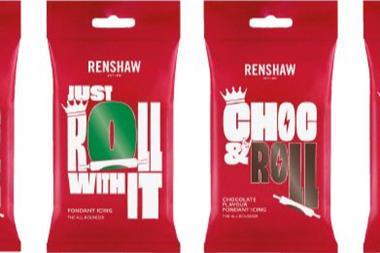

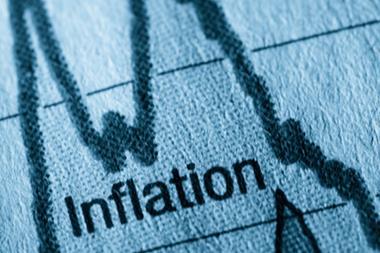
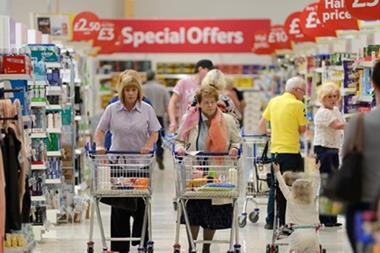
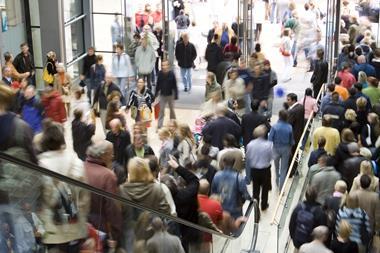
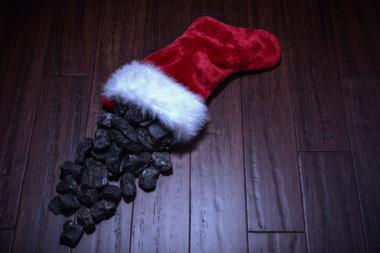






No comments yet